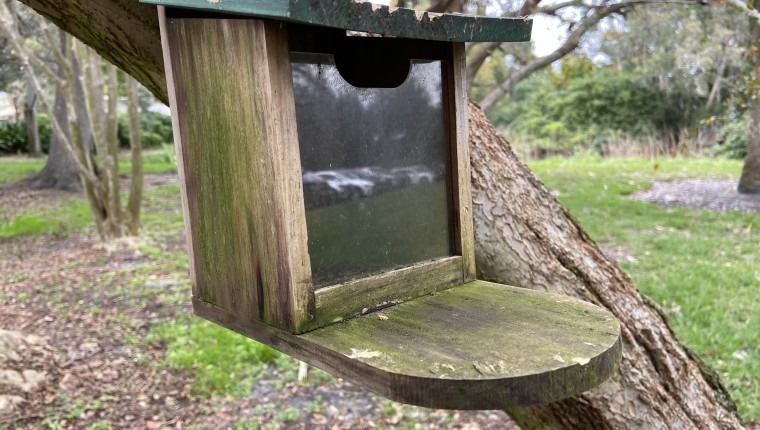Empty and Full
In what sense might we say a poem is ordinary? For the most part, thoughts that come from unexpected directions get pulled together by everyday language. I might search for unusual words to solidify an image, pull together contrasting details, or drive home a point. But that comes later in the process.
The first line for a poem may come as I drive or wash dishes. The moment makes use of psychological space. Acknowledging a new thought feels like I’m standing in an empty room without furniture. I move in, acquaint myself with walls, the dimension of windows, the scuff of flooring. The first thought of a poem may end up later as a refrain. It may function as the volta or “turn” the poem needs. In the beginning, though, words enter like a bird searching for a new home.
There is nothing magical about entertaining a new thought. Rather, it means paying attention to the inner space where feelings mix, where oblique impressions gather just beyond the corner of one’s eye. In a busy life, if I have the chance for leisure and silence, these visitations come less unexpectedly. First impressions rise up as response to reading an advertisement, a newspaper article, the page of a novel where a phrase rings memory like a bell. I reach for a pencil, write the idea on the back cover of the book before it fades into the previous thought that got me started.
The beginning idea for a poem may rise out of anger or horror. I read the New York Times front page story about Hamas’ rape of women. I must answer that story with words of my own. Some nouns, some verbs come straight from the journalist’s mouth, not mine. How will I wrestle them into language of my own choosing? How will I slam that story into the space of other readers? To do that first I have to retreat emotionally and shake fear out of my veins. That’s ordinary too –a citizen’s disgust, circumstantial, appropriate. Nothing magical here.
Eventually the lines may become a poem, something to engage with once the effort’s done. Empty turns full.



